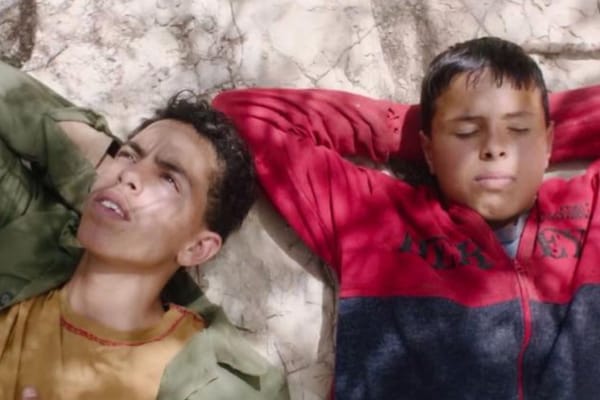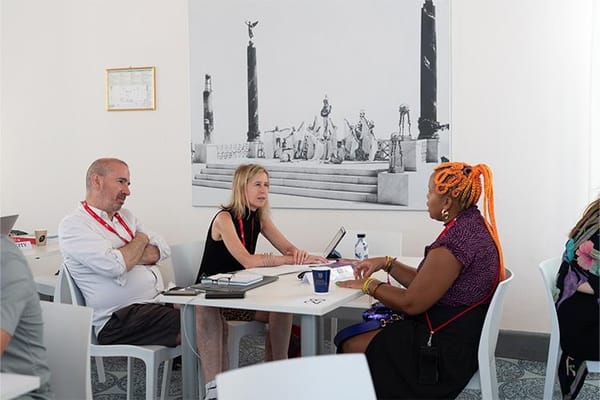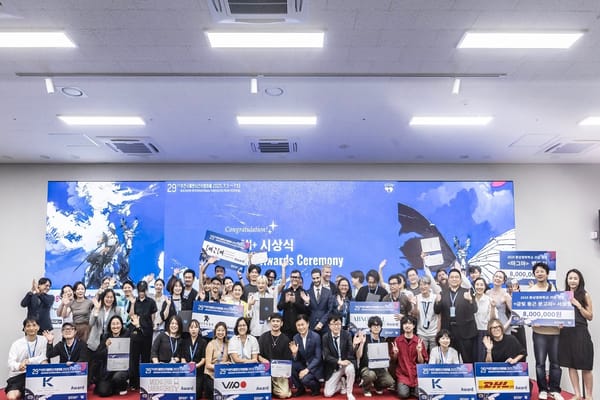JAFF Expands As Indonesian Cinema Rises; ‘Happyend’, ‘Yohanna’ Take Top Awards
From modest early days, Jogja-Netpac Asian Film Festival is becoming a key fixture on Southeast Asia's festival circuit.
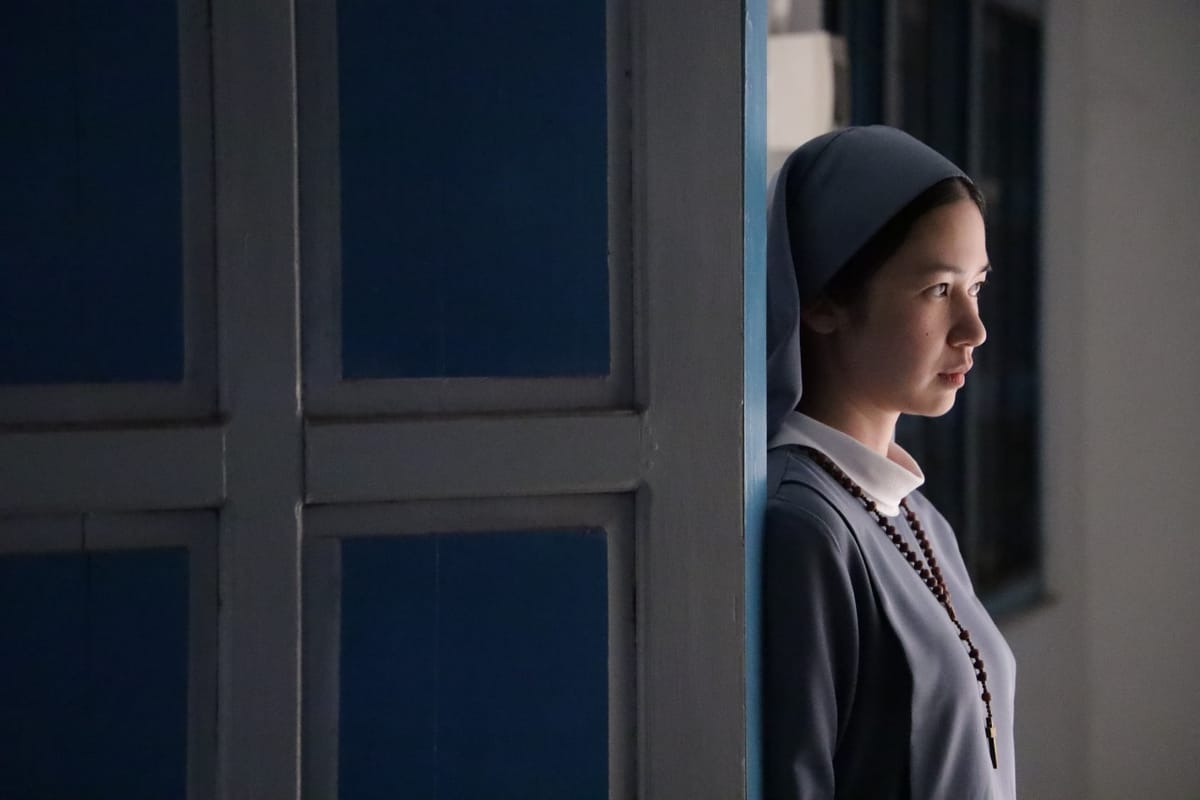
Jogja-Netpac Asian Film Festival (JAFF) wrapped in the city of Yogyakarta, Indonesia, on December 7 with increased international attendance and a new film and projects market, both buoyed by the growth of the local Indonesian film industry.
Within the main competition, three Asian films received awards from JAFF. Japan’s Happyend, directed by Neo Sora, won the Golden Hanoman Award, while Truong Minh Quy’s Viet And Nam snagged the Silver Hanoman. Feminist Myanmar production, Ma – Cry Of Silence, was presented with both the NETPAC and Gerber Awards.
Yohanna [pictured above], written and directed by Razka Robby Ertanto, swept the Indonesian Screen Awards, a separate competition for local films, securing Best Film, Best Directing, Best Storytelling, Best Performance (awarded to the ensemble of Laura Basuki, Kirana Putri Grasela and Iqua Tahlequa) and Best Cinematography (Odyssey Flores). Set on the Indonesian island of Sumba, the film follows a young nun who encounters child labour while experiencing a crisis of faith. Best Editing went to Akhmad Fesdi Anggoro for horror film The Queen Of Witchcraft, directed by Fajar Nugros.
In total, the festival showcased 182 Asian features and shorts to 24,462 viewers. In addition to enthusiastic local audiences, it drew delegations from Australia and the Netherlands, among other international visitors, who came to participate in the inaugural edition of JAFF Market. Held December 3-5 at the Jogja Expo Center, the market featured physical sales booths, panel discussions, the Indonesia-French Film Lab and the first edition of JAFF Future Project (see here for more details).
One attraction of both the JAFF festival and market is the growing strength of the Indonesian film industry, which broke all-time admissions records in September. The country’s film market is predicted to grow 6.5% or $0.8BN over the next five years, according to an Ernst & Young report for local studio MD Pictures, compared to a global average of 4.9% growth. Furthermore, Indonesia is the fourth largest country in the world, with a population of 288 million.
JAFF History
The festival, founded by Indonesian filmmaker Garin Nugroho, has come a long way since its modest debut of 38 films in 2006, which occurred three months after the 2006 Yogyakarta earthquake. Despite the disaster, the organisers persisted in launching JAFF to demonstrate the optimism of locals and filmmakers to the world and address the challenges faced by the city while in recovery.
During a public lecture during this year’s JAFF, Nugroho broached upon the difficulties of seeking funding in the festival’s early days. During one particularly dire moment when JAFF lacked a red carpet for its filmmakers and stars two hours before premiere night, Nugroho gathered around 20 friends in a local warung. In exchange for a free meal, he convinced them to withdraw some cash and help him buy a carpet from the same mall they were having their dinner in.
Meanwhile, as is often the case with film festivals, funding from the government or corporate sponsors has been inconsistent over the years, although Indonesia’s newly formed Ministry of Culture is currently making positive noises about support for both festivals and the wider industry.
Although it now leaves the running of JAFF to its internal team, NETPAC (Network for the Promotion of Asia Pacific Cinema), and in particular programmer Philip Cheah, were integral in establishing and refining the festival’s management in its early days.
Besides assisting them in procuring titles that would have been difficult to secure in JAFF’s modest early years, NETPAC provided informal training to staff, teaching them how to programme, curate, and become self-sufficient enough to stand where they are today.
Young Audience
Many attendees of the festival are young, comprising Yogyakarta’s numerous university students or artists coming in from other parts of Indonesia and the world. Empire XXI Cinema Yogyakarta becomes the festival’s home each year, reserving all five of its screening rooms for the event. A walk around the cinema’s grounds, packed on its opening weekend and evenings, reveals a genuinely engaged audience and industry of more than 3,000 people each day.
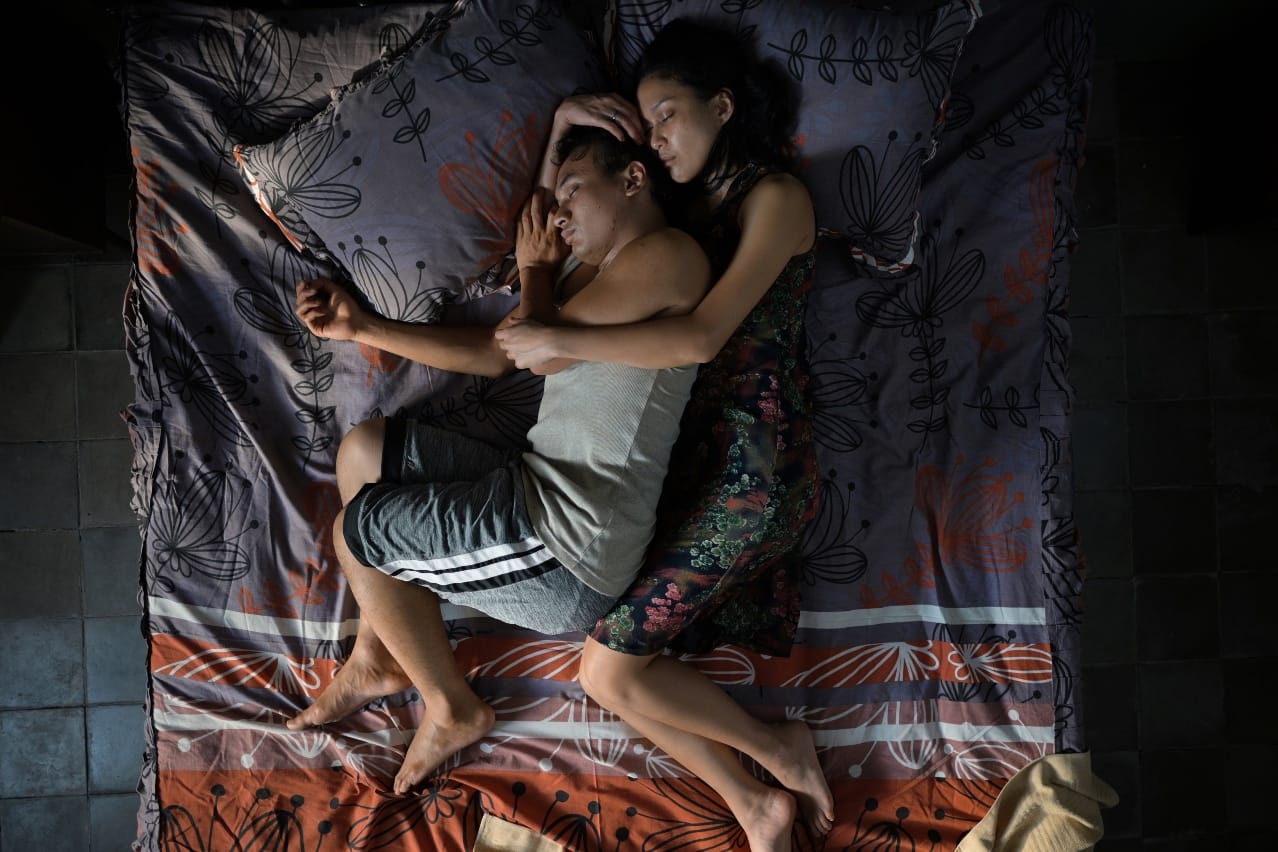
The fastest-selling screenings are usually Indonesian premieres or local co-productions, many of which were sold out a week before the festival’s premiere, such as Home Sweet Loan, Crocodile Tears and Love Unlike In K-Dramas. Opening and closing films, Nugroho’s Samsara and Yandy Laurens’ A Brother And 7 Siblings, were also fully booked.
Short films also received their dues through separate competition strands. Anita, Lost In The News, an animation about immigration from Iran’s Behzad Nalbandi, won the Light of Asia’s Special Jury Mention, while the Blecong and Student juries handed their respective awards to When The Wind Rises, about an environmental activist, from Taiwan’s Chen Hung.
Alongside the numerous selections, three separate programmes paid tribute to notable filmmakers: producer Hendrick Gozali, actress-director Dian Sastrowardoyo, and Taiwanese director Tsai Ming Liang. Tsai also revisited the country, 29 years after his first visit, for a public masterclass.
JAFF’s activities also include Q&As, seminars and other public forums. Non-cinephiles are incentivised to visit the festival grounds through performances by local bands and artists, which included Jogja Hiphop Foundation, Tossing Seed and a Cine-Concert for Samsara. One of the most popular events was a table tennis competition, encouraging friendly competition among filmmakers and attendees.
Next year’s JAFF, which marks the 20th edition of the festival, is scheduled for November 29-December 6.
Alyssandra Maxine is a film writer and editor based in Metro Manila. She co-edits MARG1N, an annual Southeast Asian magazine from Cambodia only available in print. She has also written for Film Comment, Content Asia and Eastern Kicks.

